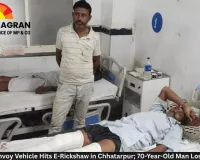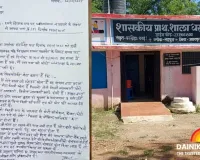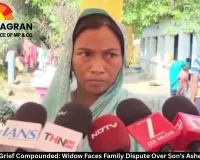High Court Orders MP Government to Conduct Student Union Elections Within Two Weeks: 8-Year Delay on Scrutiny
Digital Desk

The Madhya Pradesh High Court has intensified pressure on the state government regarding the prolonged non-conduct of student union elections, directing authorities to file a detailed response within two weeks. This significant judicial intervention highlights the constitutional violations faced by students across the state's major universities.
The division bench of Chief Justice Sanjeev Sachdeva and Justice Vinay Saraf has scheduled the next hearing for December 1, where the government's written explanation and action plan will be examined. The court's firm stance signals growing judicial concern over the democratic deficit in campus governance.
The Core Issue
Student union elections in Madhya Pradesh have remained suspended since 2017, a gap spanning nearly eight years. Despite this prolonged pause, universities continue collecting student union fees—typically Rs 250 per student annually—creating a significant financial anomaly. This practice directly violates the Lyngdoh Committee recommendations, which mandate transparent, democratic student elections across Indian institutions.
PIL and Key Allegations
Adnan Ansari, a Jabalpur resident, filed the public interest litigation arguing that the absence of elections fundamentally violates students' constitutional rights to democratic participation. His petition names eight major universities as respondents, including Barkatullah University, Jiwaji University, Devi Ahilya Bai Holkar University, and Rani Durgavati University.
Advocate's Critical Argument
During Wednesday's hearing, advocate Akshardeep emphasized that universities are committing financial and legal violations by collecting fees without conducting elections. He termed this practice "arbitrary and illegal," emphasizing its contradiction to Lyngdoh Committee guidelines established by the Supreme Court in 2006.
What Comes Next
The state government must now provide a comprehensive explanation for the eight-year electoral freeze. If the court finds the response unsatisfactory, further judicial directions ensuring elections may follow immediately, potentially ending India's longest student election moratorium in the region.




1.jpg)





1.jpg)
